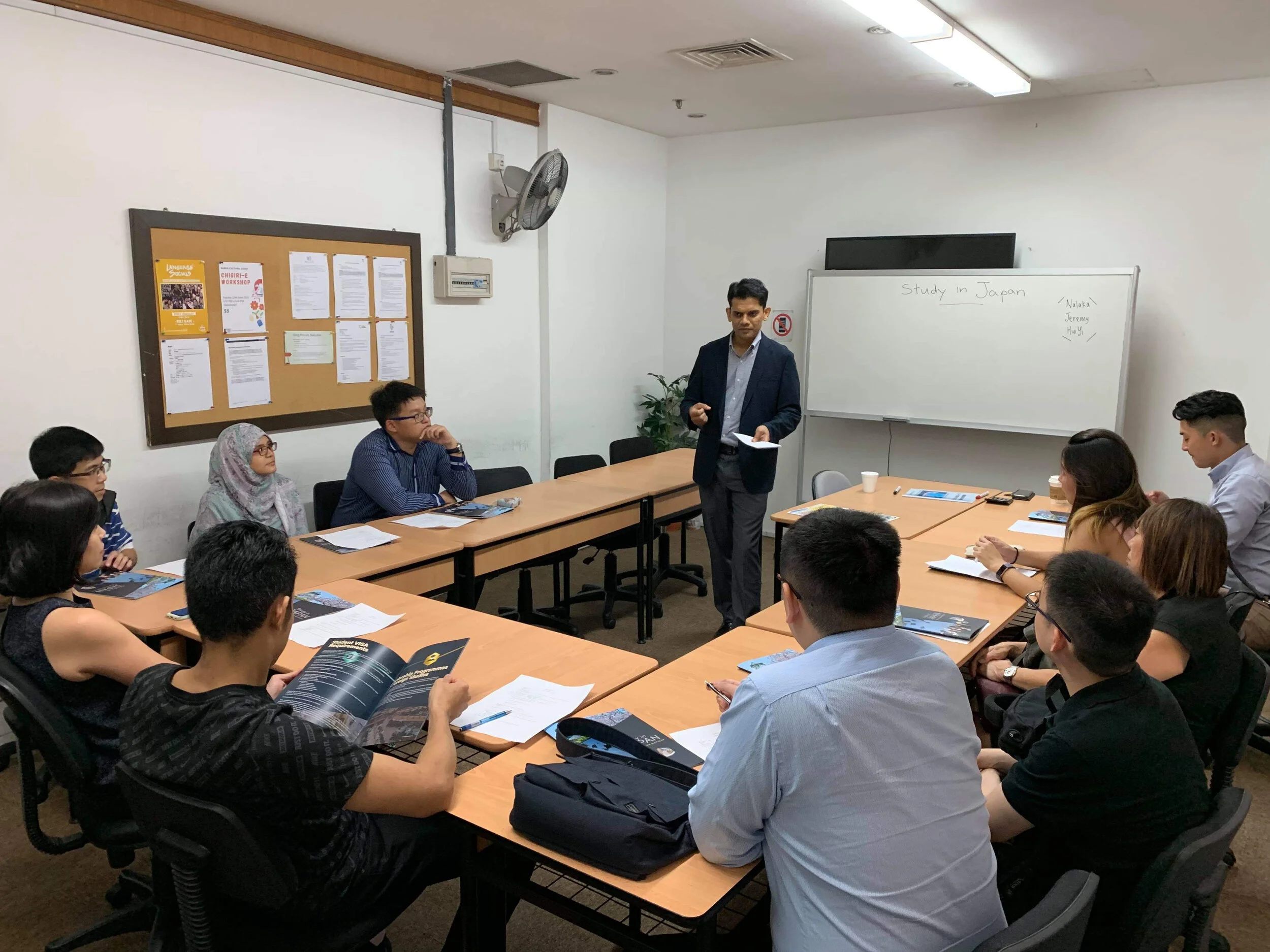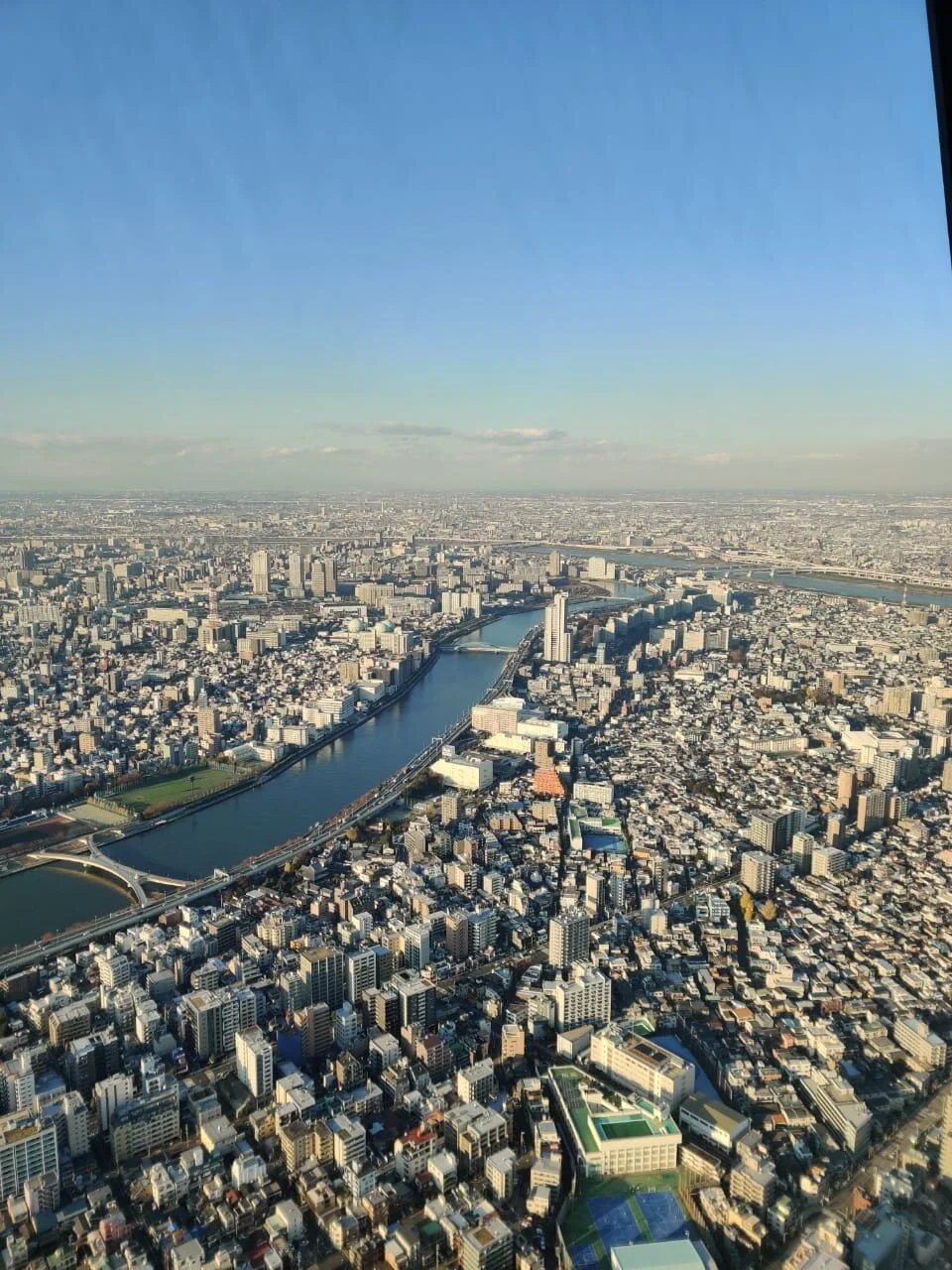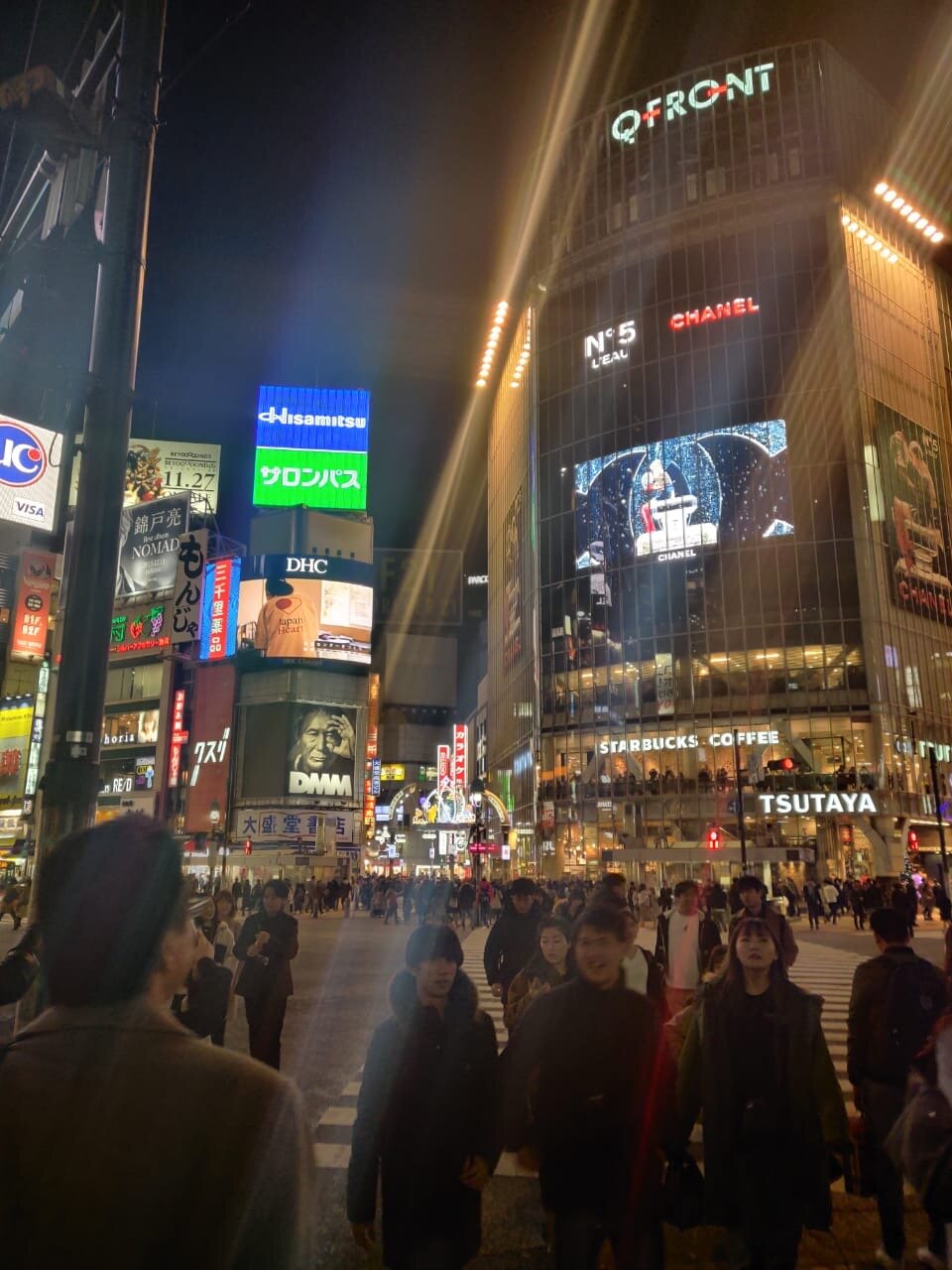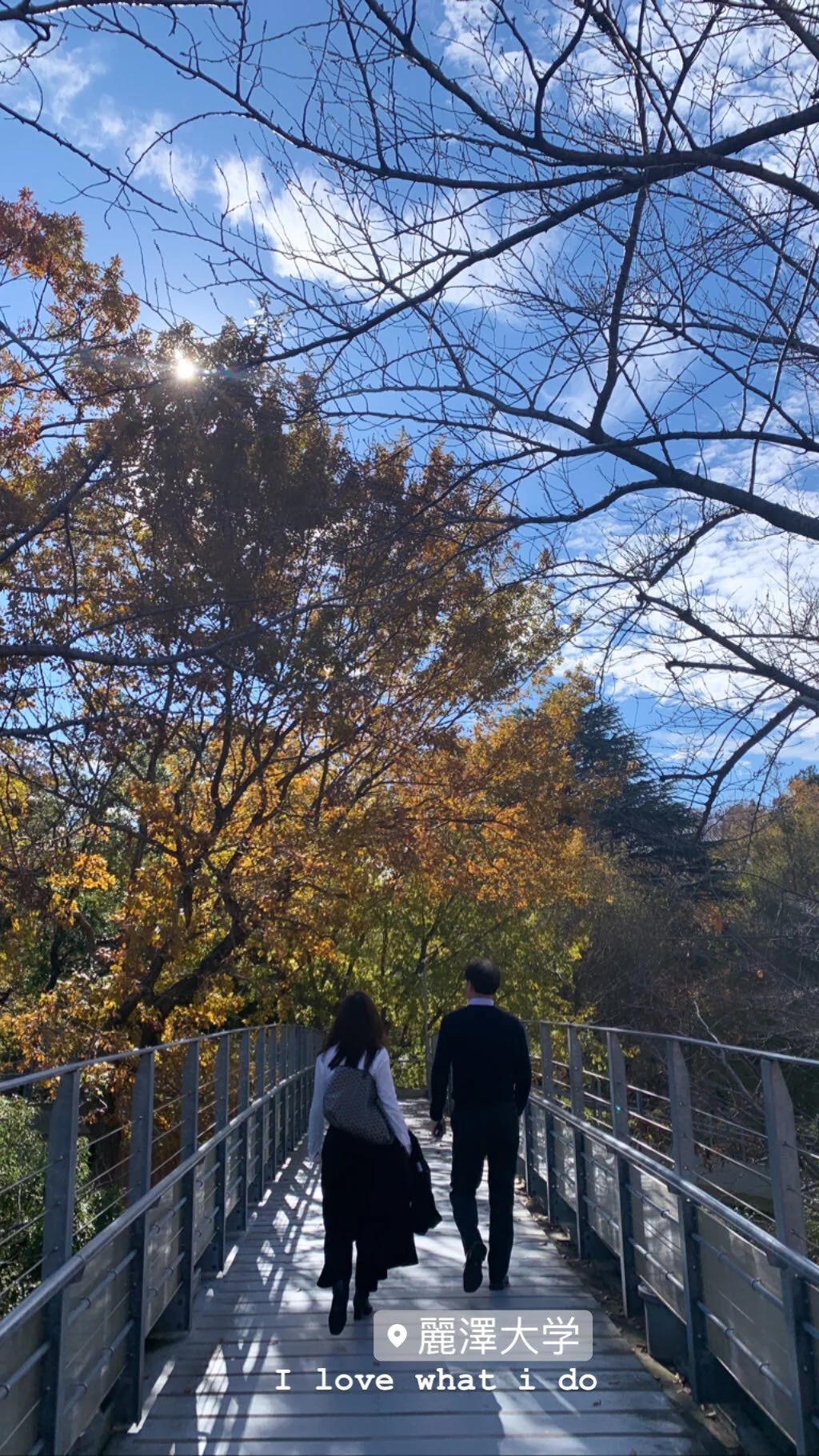A Singaporean Perspective: The Truth About Working In A Japanese Company
Majority of us love everything about Japan - be it food, culture, lifestyle, nature, architecture, music and museums. But when it comes to working culture, I often hear about the common overworking culture in Japan/Japanese companies - Karoshi (過労死, Karōshi) which can be translated literally to "overwork death" in Japanese. Is this really true? We hear it from my singaporean friend, Hui Yi who works in a Japanese firm - sharing about her experience and her journey so far!
Interviewee Profile:
Hui Yi, 24 years old
Role: Started out from a Sales and Marketing executive position, currently working as Educational Consultant and Business Development Manager.
Level of Japanese: NIL. Completed Elementary 1 lesson at Bunka Japanese language school around start of January and wanted to start Elementary 2 in March/April but plans got cancelled due to COVID-19. I would say that conversational wise, I can speak minimal Japanese language. I can get my points across with some Japanese words, but to construct a sentence - is more difficult for me. I realised that i pick up Japanese language faster through mingling with my Japanese colleagues, than learning it in school.
No. of years in a Japanese company: 1 year and 8 months as of today.
“As a Singaporean, how did you end up working for a Japanese company? Has this always been your dream job?”
I would say that this is a partial thing. I never imagined myself working in any kind of company as I only imagined myself in different kinds of job roles/scopes. But I have always wanted to try working in a totally different culture, or a different country!
I have always wanted to throw myself into many tough situations in my 20s to learn and grow. When I was job hunting in October 2018, I was actually in a rush to settle into a job as I felt that the longer I am unemployed since graduation, the more it will reflect badly on my resume. (Not necessarily true by the way! For job-seekers out there, don’t be disheartened.)
At that time, I had 3 different offers. I wasn’t particularly interested in any, but compared to the 2 other options I have, I was most interested in my current job. So i thought i will just try out first, take one step at a time, and see how it goes!
“Is constant unpaid overtime work the norm, with employees not even daring to take their paid or sick leave?”
I heard, knew and believed some myths before I started working in a Japanese company. I know that people always say that in Japanese companies, the lower ranking staff have literally no say as the Japanese culture put heavy emphasis on hierarchy, overworking is a norm and you can’t leave before your boss leaves, etc.
But I think most of them are untrue for me.
In contrary, my director is actually open-minded and actually hears and consider my opinions even when I just entered into the company. Even till today, he trusts me a lot and always seeks opinions and advices from me. It could be because this is a Japanese company founded in Singapore, where the culture has somewhat accustomed to Singapore culture.
Overtime work is pretty normal, but it is not expected in my company. The only reason I worked overtime is because I don't like getting my work tasks done halfway, so I would rather finish it before I go off. But if I were to knock off on the dot, it is perfectly fine. Nobody would think I am less capable or deem as a bad employee/staff. But overall, I would say that overtime is pretty common here, and it is unpaid!
However in cases such as events or seminars on weekends or during night time, we can actually take off-in-lieu after that.
Paid and sick leave wise is totally untrue. My colleagues and I take our paid leave as and when we want, and if we are really sick, we would not be stubborn and drag ourselves to work because we do not want to affect others.
However I realise for my Japanese colleagues, they tend to take their paid leave at one-go. Unlike me where i might use 5 days here, 7 days at different periods.
“Prior to your job in this firm, do you have other jobs or this is your first?
Yes I was working in the PR Industry prior to this job!
Working in the PR industry was one of the top on my bucket list of jobs that I wanted to try in my 20s, so I was really excited when I was offered. Everyone around me was discouraging me to do it because the salary offered was very low for a University graduate. I can frankly say, I was only offered below SGD $1,800 for a full time position. But I still went ahead and accepted the offer because I was really interested to gain experience in the industry.
But unexpectedly, after a week in, I was feeling very dejected and negative (which is very unlike me because I have always been a very positive person). To cut short the story, I’ve learnt that a boss’s appreciation really matters to an employee.
Sometimes in life, unfortunate things happen to lead to better things - and ta-Dah - here I am in my current job, and almost 2 years in!
“What's one major difference between Singaporean and Japanese companies in terms of culture”
Working in a Singaporean company (just judging based on the little experience I have), I felt that the boss is more straightforward. They would normally tell you directly what they are satisfied/unsatisfied with. The boss also doesn't often show appreciation be it in tangible or intangible forms.
However, on the other hand, working in a Japanese company, my boss is less straightforward. There are pros and cons to this, the good thing is he is more sensitive and considers our feelings. He is very accepting of people’s mistakes and is always willing to let fresh graduates and interns to learn so much in the company. But the cons is, if you do not know him well, you might not be able to decipher what he truly thinks/wants/feels.
My boss is a very appreciative person though. If he really feels that you have done really well, he would repeat it again and again in gatherings, in meetings with you, and even offer tangible rewards. He will tell so many people about you, and use you as a good example. Working for such a boss feels really rewarding both mentally and physically. You genuinely feel appreciated, happy and valued in the company. And that is when you wouldn’t feel reluctant to go to work or any sort of negative vibes because work would feel like a really happy pastime.
“Nice to hear! Can you share what are some are some of the fulfillments you have in this role?
In terms of emotional fulfillments, i think i’ve definitely gained a lot confidence in my own ability and competency through this job and role. I’ve never thought that i’m cut out for a Business Development role, but having the opportunity to do so is although, extremely stressful yet, very satisfying. Through this role, i think i transitioned from a girl to a young woman, and i learn more about myself, for eg my goals, what kind of things i’m looking for in a career, and what i truly love/want.
Sharing the first education seminar I organised!
“What’s one challenge you faced here?”
COMMUNICATION.
I think this is one of the biggest challenges even up till today. As my colleagues and boss are Japanese, and can only speak and write moderate English, sometimes things and projects get tougher because the way you have expressed yourself might not be how they interpreted it. This goes vice versa. This can be stressful because sometimes i feel that i do not fully understand what they have said or is trying to put across. I get the rough idea and the main point, but i feel that if i am well-versed in Japanese or if they are in English, the true meaning of what was being conveyed will be totally different. (Please don’t think that google translation would work for everything, you will realise it only helps 60% haha)
This is one of the biggest reasons why I want to pick up Japanese language.
“If you were given an opportunity to work in Japan, would you? and why?”
My answer is a definite YES. I was given the opportunity to go for business trips to Japan last year, and also got closer with my colleagues in my company’s headquarters in Tokyo. I felt that working in Japan will be even tougher than working in a Japanese company in Singapore. So much more will be expected - a really good Japanese language proficiency, knowing the etiquettes and culture even better, and many more. I would be forced to face many differences and setbacks. I feel that at the age of 24, i still want to learn, hence, if i am given the chance, i would, definitely.
Business Trip - Tokyo in 2019
Snippets in Tokyo
“Any additional things you'd like to highlight about the Japanese working culture?”
I think etiquettes is one major factor in the Japanese Working Culture. Manners are very important amongst the Japanese! Here’s what i’ve learnt below!
Addressing your boss, colleagues, and clients, you need to add a “san” at the back. For example, “Yamamoto san” and not just “Yamamoto”
After entering the office in the morning, you will have to say “Ohaiyo Gozaimaz” loudly, which translates to good morning. Whenever someone else enters, we will greet back with the same phrase!
When you are going out for an appointment, you will say “ittekimasu” which can be loosely translated to “I am going out now, I will do my best, I will return safely”. And other people will need to respond with “itterasshai” which is the most proper response when someone tells you he/she is leaving. It can mean “Sure please go and come back safely.”
When we are knocking off from work, we may say “otsukaresama desu”, and colleagues who are still at work will reply with the same thing. “Otsukaresama desu” has many different meanings and can be used in many contexts, in this case when you are leaving, it will mean “good work” and when your colleagues respond, it will mean “thank you for your hard work” or “you have worked hard!”
When you are having dinner (and drinks) with your Japanese colleagues and boss, make sure you wait for someone to speak like let’s tuck in, and you reply with “itadakimasu” before you dig in. Do not dig in immediately by yourself when the food arrives.
Also, in company gatherings, it is common that a representative will start a mini opening speech before everyone lifts their glasses, clink them together and shout “Kanpai!”. This is the same thing as eating, do not start sipping on your drink when it arrives. It is considered impolite to do so. I did that during my first gathering with the company, and I was shot with an awkward silence and many stares. Haha! But my colleagues were very nice and accepting of me, knowing that I am a Singaporean and did not know about this. So they patiently taught me all the different important etiquettes to note.
Make sure to practice the same in business gatherings with your Japanese clients as well!
RECOMMENDED: Catch our article about Japanese etiquettes you must know here!
Have something else to share? We’d love to hear from you! Write to us at hello@nani.sg











